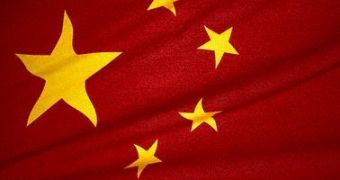The U.S. Secretary of Commerce Gary Locke and U.S. Trade Representative Ron Kirk have sent an official letter to the Chinese Ministry of Industry and Information Technology (MIIT) and Ministry of Commerce (MOFCOM), asking them to cancel and rethink the proposal that requires PCs sold in the country to come with a controversial Internet filtering program pre-installed.
A new policy that requires all computers produced or imported into the country to have an application called Green Dam Youth Escort installed by default will be enforced in China, beginning July 1st. The government in Beijing has motivated this controversial decision by claiming that it is trying to protect the country's youth from Internet material destined for adults only.
Security researchers have already discovered fundamental design flaws in the Green Dam application, which can be a source of remotely exploitable vulnerabilities. In fact, several such vulnerabilities have been already identified and, even if the developer rushed to patch them, others were subsequently discovered. There is currently a publicly available exploit for one of them.
Civil rights activists and privacy advocates have also expressed concern that the software can and will probably be used to also filter content that is deemed politically sensitive by the government, such as information about the Falun Gong spiritual movement, the Tiananmen Square massacre or Tibet.
"China is putting companies in an untenable position by requiring them, with virtually no public notice, to pre-install software that appears to have broad-based censorship implications and network security issues," Gary Locke said. Ron Kirk noted that, "Mandating technically flawed Green Dam software and denying manufacturers and consumers freedom to select filtering software is an unnecessary and unjustified means to achieve that objective, and poses a serious barrier to trade."
The two U.S. government officials told their Chinese counter-parts that the new rule was in violation with World Trade Organization (WTO) regulations, particularly notification obligations, and that it "raises fundamental questions regarding regulatory transparency."

 14 DAY TRIAL //
14 DAY TRIAL //